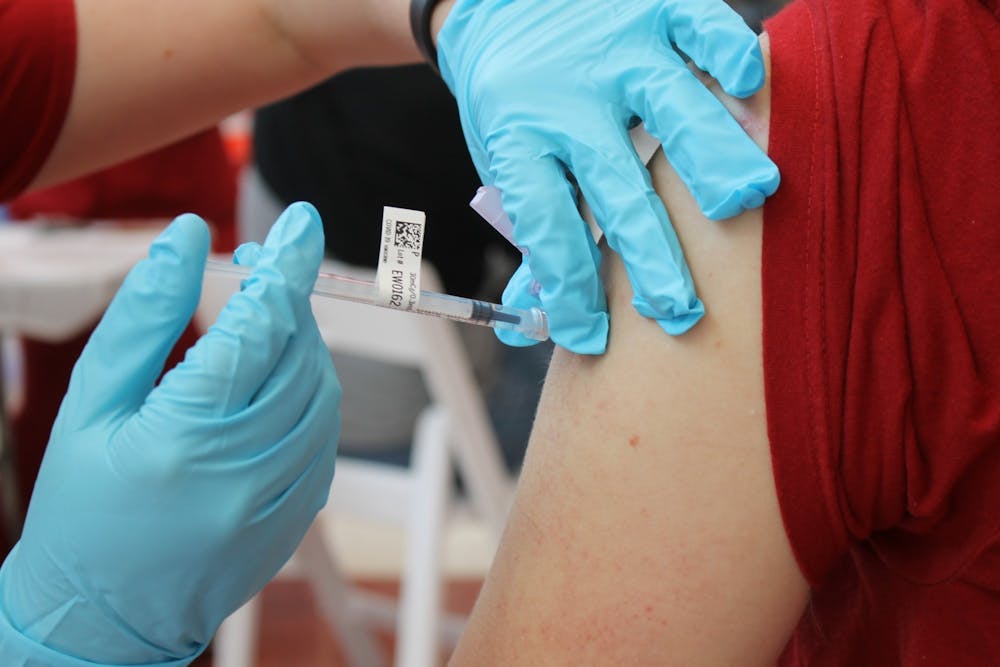President Joe Biden signed a congressional measure on Monday to end the national emergency response to the COVID-19 pandemic.
The measure, House Joint Resolution 7, immediately ends the COVID-19 national emergency. According to the White House, former president Donald Trump declared a national emergency concerning the COVID-19 pandemic on March 13, 2020.
According to National Public Radio, declaring a national emergency allowed the federal government to take additional steps to respond to the virus, as well as support healthcare, welfare and economic systems.
[Related: Indiana reports minimal levels of influenza, low COVID-19, mpox]
H.J. Res. 7 passed the House on Feb. 1 in a 229-197 vote and passed the Senate on March 29 with a 68-23 vote. Biden had previously stated on March 29 he would not veto H.J. Res. 7, although he openly voiced opposition to the measure.
In January, Biden stated he would end the national COVID-19 emergency and corresponding public health emergency addressing the pandemic on May 11, 2023. While the national emergency in response to the COVID-19 pandemic will end immediately, the public health emergency will still expire on May 11.
[Related: IU health receives $500,000 donation for behavioral health services]
Former Health and Human Services Secretary Alex Azar declared a public health emergency on Jan. 31, 2020. According to the U.S. Department of Health and Human Services, a public health emergency is declared by the Secretary of the Department of Health and Human Services. The declaration allows the secretary to take emergency actions to address public health emergencies such as making grants, conducting investigations and accessing funds appropriated to the Public Health Emergency Fund.
According to the Centers for Disease Control and Prevention, there have been 104,242,889 total COVID-19 cases in the U.S. and 1,127,104 total deaths.






